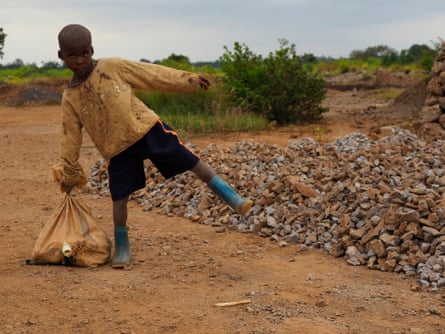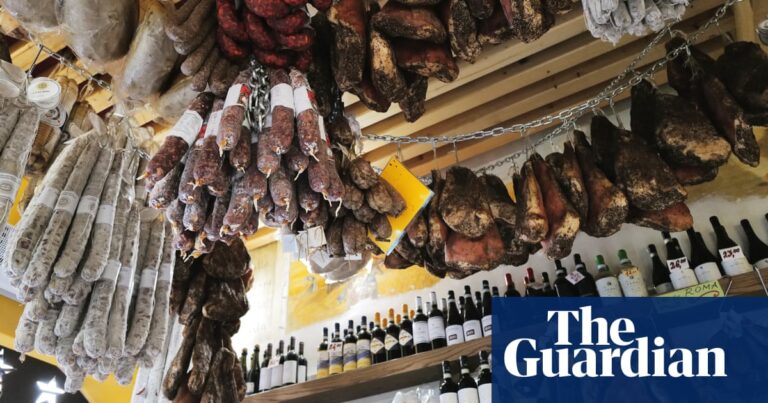A legal case against the multinational mining corporation Anglo American, brought on behalf of 140,000 Zambian women and children, has been dismissed by a South African court. The plaintiffs claim to have experienced lead poisoning from one of the company’s mines.
The lawsuit, one of Africa’s largest class-action cases, was filed in October 2020, accused Anglo American of negligence over its alleged failure to prevent widespread lead poisoning in the Zambian town of Kabwe, where its South African subsidiary is alleged to have played a key role in running a large mine from 1925 until 1974.
Attorneys representing female and child clients of the South African company Mbuyisa Moleele and the UK-based firm Leigh Day, known for handling human rights and personal injury cases, have announced their intention to challenge the decision.
The mine in Kabwe, previously called Broken Hill, is said to have caused significant pollution in nearby towns and communities.
Research in the medical field has revealed that children living in Kabwe have remarkably high levels of lead present in their bloodstream. Exposure to lead can result in various health issues, including but not limited to learning disabilities, sterility, cognitive impairment, and even fatality in certain instances.
Anglo American has refuted any responsibility for the lead contamination.
We are deeply dissatisfied with the verdict, which we believe is inherently flawed, as stated in a collaborative declaration by Richard Meeran, a colleague at Leigh Day, and Zanele Mbuyisa, a founding member of Mbuyisa Moleele.

The speakers stated that they are still determined to bring justice to the 140,000 women and children who have been impacted by lead poisoning in Kabwe. They also mentioned that the affected communities have expressed their desire to appeal.
Justice Leonie Windell of the Johannesburg High Court issued a 126-page ruling on December 15th. The applicants are requesting permission to pursue a claim that is not viable and could set a dangerous precedent.
“The precedent is that a business could be held liable half a century after its activities have ceased, to generations not yet born, as a result of being tested against future knowledge and standards unknown at the time.”
The legal case was initiated in South Africa as Zambia does not permit class-action lawsuits and lawyers are prohibited from working on a contingency-fee arrangement.
A team of UN special rapporteurs and Amnesty International provided support for the case, contending that Anglo American’s resistance to the class action went against the company’s human rights policy and its stated dedication to corporate responsibility guidelines established by the UN in 2011.
In the previous year, David Boyd, a special rapporteur on human rights and the environment, described Kabwe as a highly infamous “sacrifice zone” where the residents were forced to bear the burden of pollution that they were not responsible for.
Richard Price, the director of legal and corporate affairs at Anglo American, stated that this claim was completely misguided in terms of both law and facts.
He stated that Anglo American empathizes with the situation in Kabwe, but they are not accountable for it. He further expressed appreciation for the court’s clear and strong decision to reject this claim as unviable.
Source: theguardian.com
















